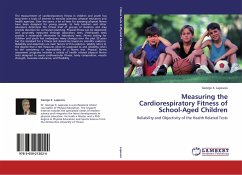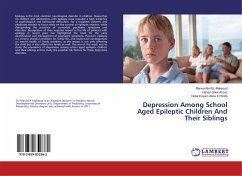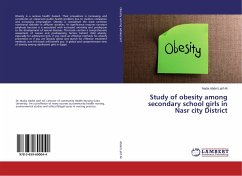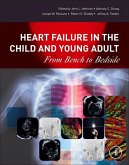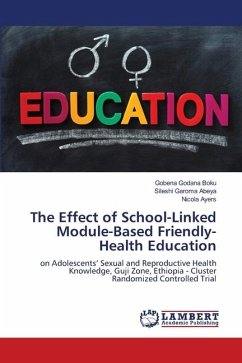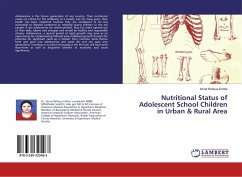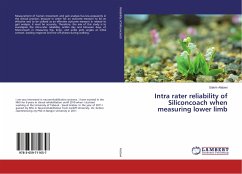The measurement of cardiorespiratory fitness in children and youth has long been a topic of interest to exercise scientists, physical educators and health agencies. Over the years, a lot of tests for assessing physical fitness have been designed for young people, to help teachers and other educators determine the fitness level of groups of students and may provide direction for curriculum planning. Physical fitness can be objectively and accurately measured through laboratory tests. Field-based tests provide a reasonable alternative to laboratory tests. Fitness testing for children and youth has undergone many changes over the past 20 years but the standard for a fitness test should be based on scientific evidence. Reliability and objectivity are main factors of this evidence. Validity refers to the degree that a test measures what it's supposed to and reliability refers to the consistency or repeatability of a fitness test. Physical fitness assessment programs includes a varietyof health related physical fitness tests designed to assess cardiovascular fitness, body composition, muscle strength, muscular endurance, and flexibility
Bitte wählen Sie Ihr Anliegen aus.
Rechnungen
Retourenschein anfordern
Bestellstatus
Storno

